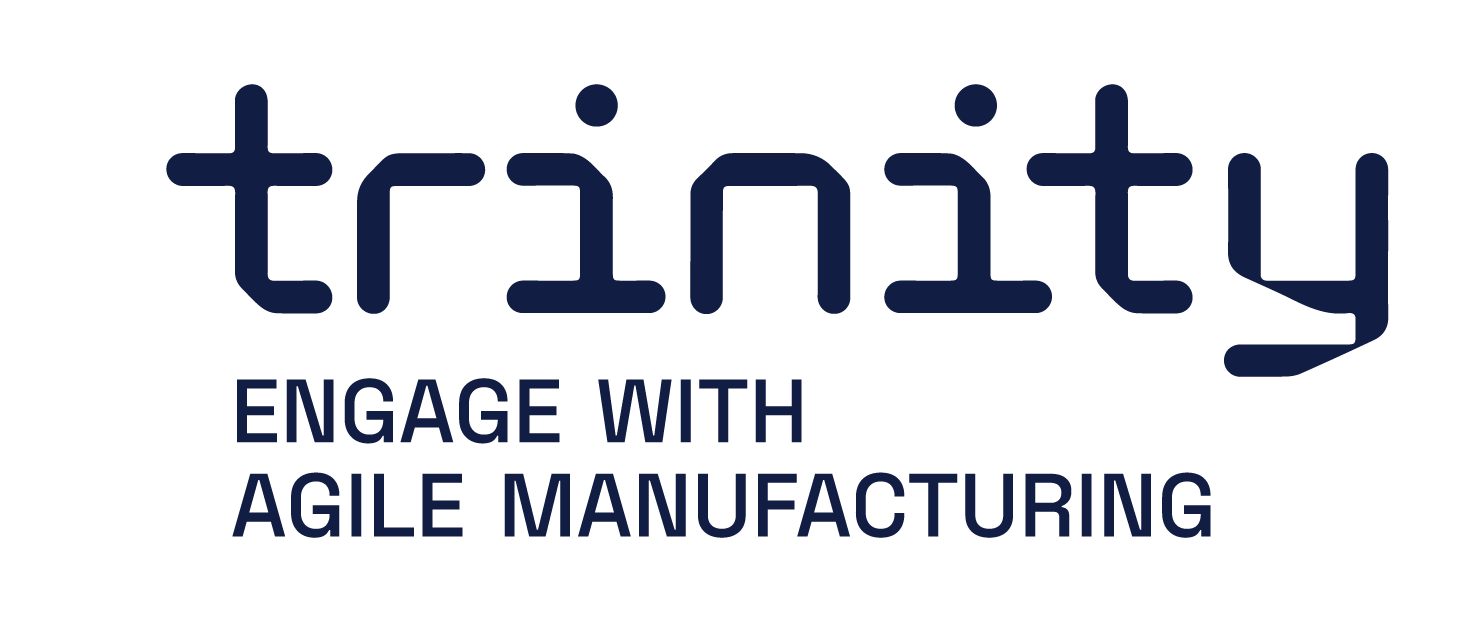ODIN OpenFlow Architecture
Main functionalities
The OpenFlow architecture introduces an integration and orchestration framework for flexible, responsive and robust HRC manufacturing systems. The approach is modular and is designed with scalability and extensibility in mind.
A software solution based on OpenFlow that integrates and orchestrates HRC modules, monitors the execution and responds to shopfloor events to complete a given production goal.
OpenFlow can orchestrate, model and control many diverse state-of-the-art software and software controlled mechatronic systems such as cobots, mobile robots, agvs, AR applications, AI detection and prediction software, as well as sensors, machinery, planning and ERP systems.

More detailed description about the OpenFlow functionality can be found from ODIN Deliverable D4.4 linked below.
Technical specifications
OpenFlow architecture offers centralized coordination, orchestration, and an integration platform for the software system. A centralized approach has been validated in white goods and automotive industries.
- Orchestration of other modules, as described in the ODIN Reference Architecture
- Emulation engine that can create and start responsive emulated interfaces for all OpenFlow managed resources
- Simulation’s goal is validating and verifying any concerning factors in a robotic product line environment prior to their actual installation
- React on Shopfloor Events module is capable of coordinating and orchestrating external resources to monitor and respond Shopfloor Events
- React on Safety Events to address safety Events that can arise at any stage during the execution of a production Schedule
- React on Security Events monitor and evaluate arrived message and provide specific tailored response to address such events
- Control & Monitor Task and Action Execution Flow to coordinate, monitor and execute a stored production Schedule through its orchestrator module
- Monitor Network Software Modules Status constantly monitor the status of other modules and communicate with specific actuator components of other modules
- Control OpenFlow Execution Flow to initiate the execution of a Schedule or pause, stop or cancel and resume
- Request Replanning to communicate with the AI Task Planning module
- Validate Open Schedules before their execution to ensure their integrity and cohesion
- OpenFlow Knowledge Repository responsible for modelling and maintaining the required information for OpenFlow core functionalities
- Information Exchange with ERP systems and other external software systems like ERP, PLM, MES and SCADA
- User Interface (UI) is the central getaway between the OpenFlow and the user

More detailed description about the OpenFlow specifications can be found from ODIN Deliverable D4.1 linked below.
Inputs and outputs
The system converts the manufacturing plan to a detailed OpenFlow production schedule that contains detailed description of all the specific actions that need to be executed to fulfil a specific production order. During the execution of the manufacturing plan the OpenFlow orchestrator monitors the execution status as well as the shopfloor status through sensors and information messages. This information allows the OpenFlow to respond to events that take place during execution as well as in case of execution anomalies, such as the failure of an execution task.

Owner (organization)
ODIN Project Coordinator
Dr. Sotiris Makris
Laboratory for Manufacturing Systems and Automation (LMS),
University of Patras
Tel: +30-2610-910160
Fax: + +30-2610-997314
e-Mail: makris@lms.mech.upatras.gr
